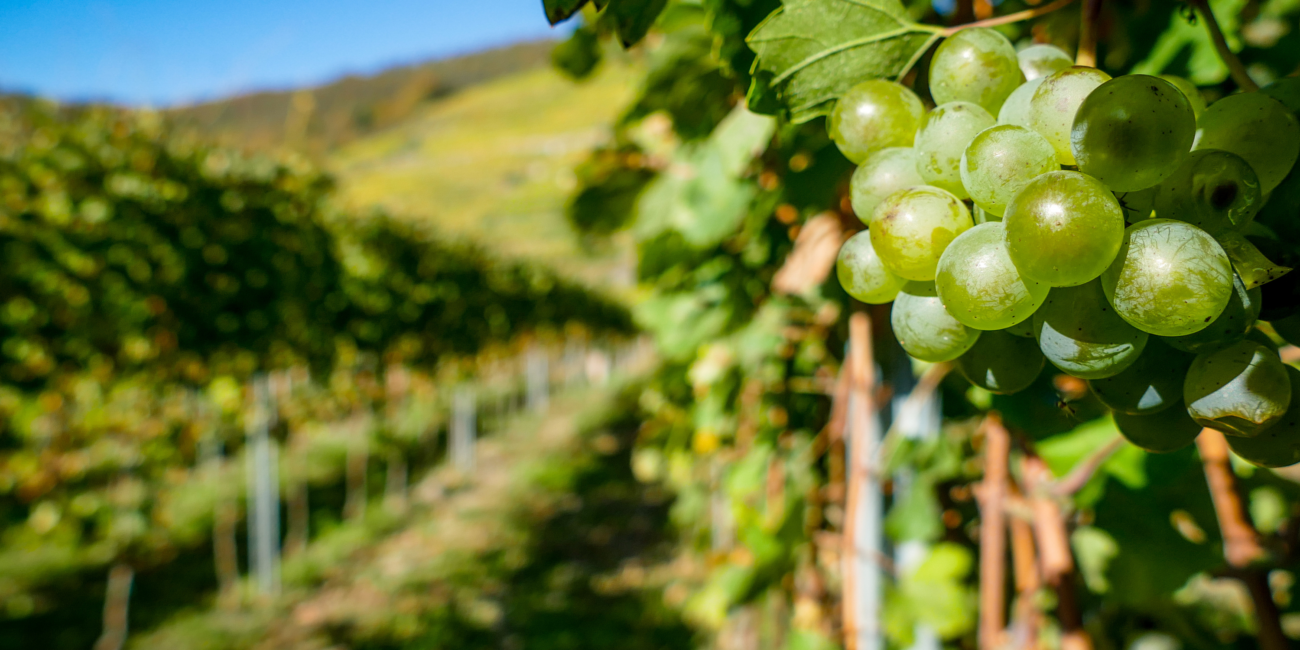
Stories of Terroirs: Tradition Passed Down Through Generations
The iconic terroirs of the wine world are much more than just fertile lands where vines grow; they embody the soul of viticulture, bearing witness to deeply rooted histories and age-old traditions. Through the stories of the winemakers who cultivate them, we delve into an intimate relationship between man and land. Each bottle, the fruit of these artisans’ labor, tells a unique story woven over generations.

The Terroir: A Living Heritage
Terroir is at the heart of artisanal viticulture. This term goes far beyond the mere geographical characteristics of a region. It encompasses the climate, soil, topography, as well as the history, cultural practices, and know-how of the winemakers. Each terroir is a living expression of its environment and the people who shape it. It is a heritage passed down from generation to generation, where each winemaking family adds its own touch, enriching this legacy over the centuries.
In Bordeaux, for example, winemaking families continue traditions that sometimes date back to the Middle Ages. Each contributes to the story of their terroir by passing on ancient practices, such as winemaking methods or pruning techniques, adapted and perfected over time. In this way, some Bordeaux estates, beyond merely producing wine, have become guardians of this living heritage.
Family Stories and Secrets of the Terroir
Every terroir has its own stories, legends, and secrets, carefully guarded by the winemakers. These family stories are often filled with passion and dedication. They recount how, through trials and successes, families have managed to preserve and enrich the identity of their terroir.
In wine regions like Burgundy, winemaking families hold skills passed down through generations. They often share anecdotes about cultivation and winemaking techniques learned from their ancestors. These stories reveal the importance of preserving traditions while illustrating the need to adapt to modern challenges.
For example, a Burgundian family might explain how they managed to preserve a rare grape variety, threatened with extinction, thanks to specific cultivation methods handed down by their grandparents and improved by each new generation. Or how ancient pruning techniques are still used to ensure the health of the vines and the quality of the grapes. These practices, although traditional, sometimes prove to be more sustainable and effective than modern methods, demonstrating the value of know-how inherited from the past.
In the Rhône Valley, winemakers often speak of the extreme conditions they face, such as the mistral, a strong wind that sweeps through the region. They recount how their ancestors learned to adapt vine cultivation to these unique conditions by planting vines to shield the grapes from the wind. Today, these ancient lessons continue to influence how winemakers work their vineyards, proving that the story of the terroir is constantly evolving.
The Essence of Artisanal Viticulture
Artisanal viticulture embodies the essence of the bond between man and land. It is a demanding art that requires an intimate understanding of nature and infinite patience. The winemakers who continue these traditions work with deep respect for their environment and heritage. For them, each vineyard plot is a unique ecosystem, and each bottle of wine is a unique expression of their terroir.
This respect for tradition manifests in sustainable farming practices, such as limiting the use of chemicals, meticulously caring for the soil, or preserving biodiversity within the vineyards. In regions like the Loire Valley, many winemakers have chosen to return to organic and biodynamic farming methods, convinced that these practices allow them to fully express the richness of their terroir.
Innovation in Service of Tradition
While tradition lies at the heart of artisanal viticulture, this does not mean winemakers disregard modern advancements. On the contrary, they know how to blend tradition and innovation to enhance their terroir. For example, the introduction of modern winemaking techniques, such as temperature control during fermentation, helps preserve the purity of aromas while respecting traditional winemaking methods.
Moreover, winemakers now use soil and climate analysis tools to better understand their terroir and refine their practices. This allows them to adapt to climate change, which poses a major challenge to viticulture. Temperature variations, droughts, and frost episodes alter cultivation conditions, pushing winemakers to innovate while respecting the identity of their terroir.
Transmission: An Act of Resistance and Passion
The transmission of know-how and practices related to the terroir is, above all, an act of resistance. Resistance against the massive industrialization of wine production, which tends to standardize wines and erase the unique characteristics of each terroir. By perpetuating these artisanal methods, winemakers defend the authenticity and diversity of wine, offering enthusiasts the chance to discover unique wines that tell a story—one of the land and the people who cultivate it.
Transmission is also an act of passion. Winemakers don’t just preserve traditions; they make them evolve. Each generation brings its vision, experience, and desire to improve what has been handed down. It is this passion that drives winemaking families to dedicate their lives to the vineyard, year after year, season after season, facing the whims of climate and nature.
Conclusion: A Timeless Relationship Between Man and Land
Wine terroirs are much more than geographic areas suitable for vine cultivation. They are the reflection of a living heritage, of know-how passed down from generation to generation, and a story written over time. In each bottle from these terroirs, we find the essence of an intimate relationship between man and land, between tradition and innovation, between past and present.
It is this unique relationship that gives wines their richness and diversity. Whether in Bordeaux, Burgundy, the Loire Valley, or the Rhône Valley, each terroir is a testament to the love and passion winemakers have for their land. Thus, every sip of wine is an invitation to travel through time and space, to discover the history and soul of a terroir shaped by the hands and hearts of the generations who have cultivated it.







Leave a Reply